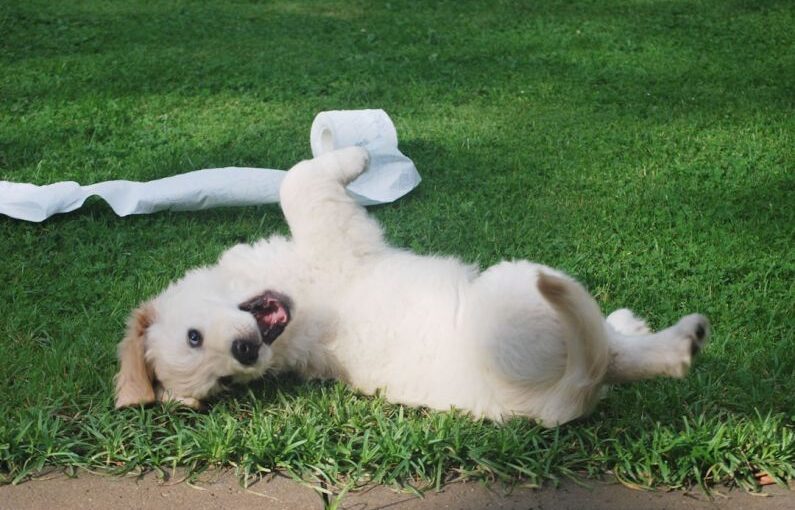Welcoming a new puppy into your home can be an exciting and rewarding experience. However, it also comes with its challenges, particularly in terms of training. Setting a solid foundation for good behavior early on is crucial for your puppy’s development and the overall harmony of your household. By implementing consistent training techniques and establishing clear boundaries from the start, you can help your furry friend grow into a well-behaved and well-adjusted adult dog.
Understanding Your Puppy’s Needs
Before diving into training, it’s essential to understand the basic needs of your puppy. Just like human babies, puppies require a lot of attention, love, and guidance to thrive. They are naturally curious, playful, and eager to learn, but they also need structure and routine to feel secure. By meeting your puppy’s physical, social, and emotional needs, you can create a strong foundation for effective training.
Socialization: Key to a Well-Adjusted Dog
One of the most critical aspects of puppy training is socialization. Exposing your puppy to a variety of people, animals, environments, and experiences at a young age is key to preventing behavioral issues later on. Socialization helps your puppy build confidence, learn how to interact with others, and adapt to new situations with ease. Make sure to introduce your puppy to different sights, sounds, and smells in a positive and controlled manner to help them become a well-adjusted adult dog.
Basic Obedience Training: Start Early, Stay Consistent
Basic obedience training lays the groundwork for good behavior and sets the tone for your relationship with your puppy. Teaching commands like sit, stay, come, and heel not only helps you communicate with your puppy but also establishes you as the leader of the pack. Start training your puppy as soon as you bring them home and be consistent with your methods. Use positive reinforcement techniques such as treats, praise, and toys to reward good behavior and avoid punishment-based training, which can lead to fear and aggression.
House Training: Patience is Key
House training is often one of the biggest challenges for new puppy owners, but with patience and consistency, it can be successfully accomplished. Establish a routine for potty breaks, feedings, and playtime to help your puppy learn when and where to do their business. Supervise your puppy closely indoors and take them outside frequently, especially after meals, naps, and play sessions. Accidents will happen, but it’s important not to scold or punish your puppy, as this can create anxiety and confusion.
Setting Boundaries: Be Clear and Firm
Setting clear boundaries from the beginning is essential for shaping your puppy’s behavior and preventing unwanted habits. Whether it’s establishing rules about furniture, jumping, barking, or chewing, consistency is key. Use positive reinforcement to redirect your puppy’s behavior and provide alternative outlets for their natural instincts. Be firm but gentle in your corrections, and always reward good behavior to reinforce positive habits.
Building a Strong Bond: The Importance of Play and Affection
Training your puppy is not just about teaching commands and correcting behavior; it’s also about building a strong bond based on trust, respect, and love. Spend quality time with your puppy through play, walks, cuddles, and training sessions to strengthen your connection. Use playtime as a way to engage with your puppy, stimulate their mind, and burn off excess energy. Show affection and praise your puppy for their efforts, and they will be more likely to respond positively to training and guidance.
Creating a Lifelong Partnership
Training your puppy is a journey that requires patience, consistency, and dedication, but the rewards are immeasurable. By setting the foundation for good behavior early on, you are not only shaping your puppy’s future but also creating a lifelong partnership based on mutual trust and understanding. Remember to be patient, stay positive, and seek help from professional trainers or behaviorists if needed. With time, effort, and love, your puppy will grow into a well-behaved and well-adjusted companion that brings joy and happiness to your life.





